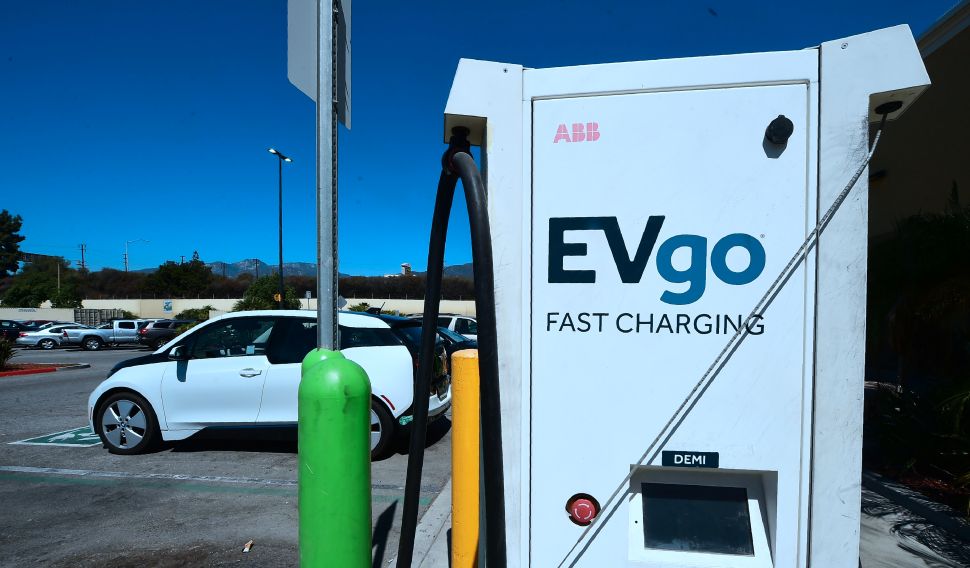
The European Council, the plan-producing system of the E.U., struck a offer right now (June 29) to endorse a strict environmental regulation that would effectively ban the sale of new gasoline powered automobiles by 2035 in 27 E.U. member states, a market of virtually 450 million persons.The offer will increase the tension on the U.S. to follow accommodate even though accelerating an electric powered transition for the world’s major automakers, quite a few of whose revenue continue to seriously depend on advertising fuel automobiles.
Surroundings ministers symbolizing E.U. member states attained an agreement just after a prolonged and heated assembly, Reuters described, paving the way for the European parliament to move a climate legislative offer regarded as “Fit for 55,†aimed at reducing greenhouse gas emissions by at least 55 p.c from 1990 concentrations before 2030. The bloc experienced earlier agreed on lowering CO2 emissions by 40 per cent below the very same timeframe. The greatest goal is to remove all car emissions by 2035.
“It’s game above for the interior combustion motor in Europe,†Transportation and Setting, Europe’s main clean transport marketing campaign group, mentioned in a statement immediately after the meeting.
Nations around the world with a robust car industry negotiated some concessions to permit extra time for their carmakers to change. Italy unsuccessfully sought a 90 per cent, rather of 100 percent, CO2 reduction by 2035 but also an exemption for market carmakers, such as Lamborghini, to meet up with interim CO2 reduction targets between now and 2035. Ministers representing Germany, property to Volkswagen and Mercedes, proposed an addition to the emissions rule that could allow for vehicles jogging on carbon-neutral fuels just after 2035, but no conclusion was taken.
The EU and the U.S each vow to obtain carbon neutrality by 2050 below the Paris Local climate Arrangement, which the U.S. rejoined in 2021. The Biden administration has set a shorter-term concentrate on of lessening CO2 emission across the financial system by 50 to 52 percent from 2005 concentrations right before 2030. The EU is additional intense: Beneath the bloc’s new arrangement, greenhouse gasoline air pollution needs to be introduced down by 61 percent from 2005 concentrations ahead of 2030.
Governments and carmakers have ambitious aims but are a lengthy way from real zero-emissions
The U.S. does not have a federal-degree rule looking for to set an conclude to fuel car profits in the subsequent ten years or so. States governments, significant auto potential buyers and carmakers are laying out their own climate aims that align shut to the EU’s aims.
In April, California’s Air Assets Board, a condition authorities agency, unveiled a strategy to wholly stage out new cars driven by internal combustion engines by 2035. The proposal is scheduled to be place to a vote by the agency’s board in August.
The U.S. authorities, which owns a lot more than 650,000 vehicles and buys about 50,000 each year, mentioned late very last calendar year it options to conclusion purchases of gasoline cars by 2035.
Normal Motors and Ford, the two largest U.S. automakers by product sales quantity, each have declared intentions to stage out gasoline vehicles in the coming yrs. GM has claimed it will produce only electric powered passenger cars by 2035. Ford plans to covert its complete passenger auto fleet in Europe to electrical by 2030.
Nonetheless, the automobile field as a total has a lengthy way to go to do away with fossil gas. Ford’s Europe program appears bold, but Europe signifies a lot less than a quarter of Ford’s world business. Last calendar year, electric motor vehicles accounted for just about 10 p.c of its total product sales.
GM and Ford are amongst the six automakers and 30 countrywide governments that signed a non-lawfully-binding pledge to end offering new fossil fuel motor vehicles globally by 2040 at the United Nations Local climate Alter Conference (COP26) in November.
But the world’s two most significant car markets, the U.S. and China, refrained from signing. So did Toyota and Volkswagen, the world’s top rated two automakers by income volume.
